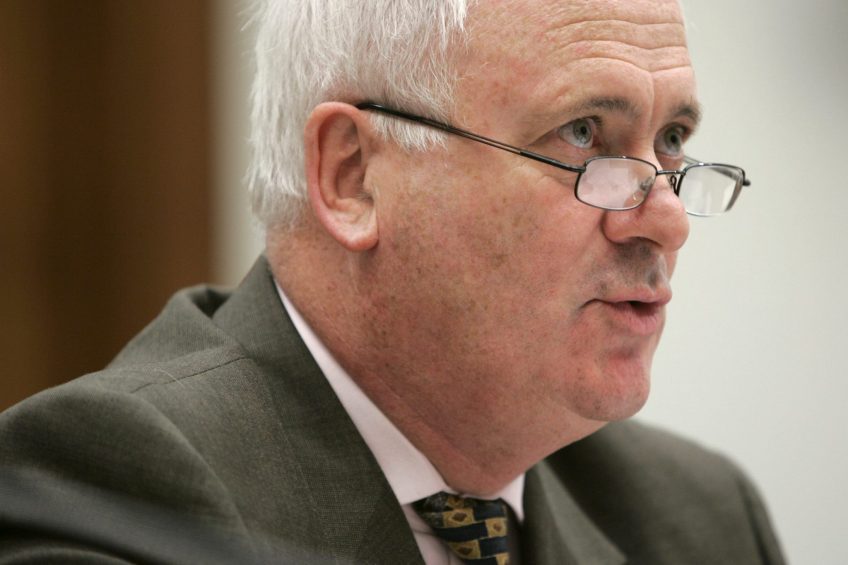Former Irish PM Bruton criticises UK Brexit stance

Former Irish Prime Minister (PM) John Bruton has sharply criticised the UK for its policy of wanting to withdraw from the European Court of Justice.
Mr Bruton, who was also EU ambassador to the United States, said the UK was being totally inconsistent by saying it was a strong supporter of the rules around the global trading system yet in the same White Paper wanted to take back control of legislation.
“The UK wants to stay in the Single Market but pull out of the European Court of Justice and instead have a British court interpreting the rules.
“What happens if the UK Supreme Court interprets a rule around the egg industry that is different from the European Court of Justice? You get a barrier to trade very quickly,” he said.
The UK may rejoin the EU
The value of the EU, he argued, was that it makes, amends and enforces rules fairly in a consistent way.
Mr Bruton said he still hoped the UK wouldn’t leave the EU but said the forces in Westminster meant this was now increasingly likely.
“They may rejoin in 10 to 15 years time… and I hope they do but it will be a very different EU,” he said.
Lack of coherent debate before UK vote on Brexit
Criticising the intellectual arguments put forward by Brexit parliamentarians, Mr Bruton said he was saddened by the lack of coherent debate ahead of last year’s Brexit vote and annoyed by the ongoing rhetoric of the “Anglo-Saxon” media that had consistently predicted the demise of the euro for the past 10-15 years.
Bruton’s criticism angered IEF chairman
His criticism angered International Egg Federation (IEF) chairman Steve Manton who said he did not wish to live in a European super-state.
“Don’t make us out to be less intellectually capable. As a pro-Brexit supporter I have no wish to live in a European super-state and like the independence of the UK.”
Bruton acknowledge that change was needed
Mr Bruton acknowledged that the European Commission did need to change, citing opinion polls last year that showed a huge disparity of support among member states on a wide range of issues.
For example, 73% of Greeks felt the Commission needed to do more in controlling refugees entering Europe’s external borders compared to just 35% of Swedes and Latvians. On environmental issues, 69% of Swedes and Spaniards felt the Commission should go further yet only 28% of Estonians approved of additional action.
“There is a lot of political work to be done to build a consensus and agreeing the primary tasks of the EU,” he admitted.













